Asia-Pacific
Select...
SITUATION REPORTS
Japan: Takaichi Outlines Policy Plans for 2026
Feb 20, 2026 | 21:28 GMT
North Korea: Kim Commences Quinquennial Party Congress
Feb 20, 2026 | 21:26 GMT
Indonesia, U.S.: 19% Tariff Deal Includes Third Country 'Poison Pill' Safeguard
Feb 20, 2026 | 19:46 GMT
Russia, Mongolia: Russian Court Ruling Introduces Uncertainty in Mongolian Copper Mine
Feb 20, 2026 | 17:53 GMT
India, Brazil: Lula Is Set To Meet Modi Amid Negotiations on Critical Minerals and Rare Earths
Feb 20, 2026 | 17:48 GMT
Korean Peninsula: Seoul's Charm Offensive Bears Modest Fruit With Pyongyang
Feb 19, 2026 | 20:57 GMT
Vietnam, Indonesia, U.S.: Trade Diplomacy Anchored in Big Ticket Industrial Deals
Feb 19, 2026 | 20:55 GMT
U.S., Taiwan, China: Trump Considering Delaying Arms Sales to Taiwan
Feb 19, 2026 | 19:53 GMT

AssessmentsFeb 21, 2026
The Weekly Rundown: Trump Threatens Iran, Pledges To Reimpose Tariffs on Different Grounds
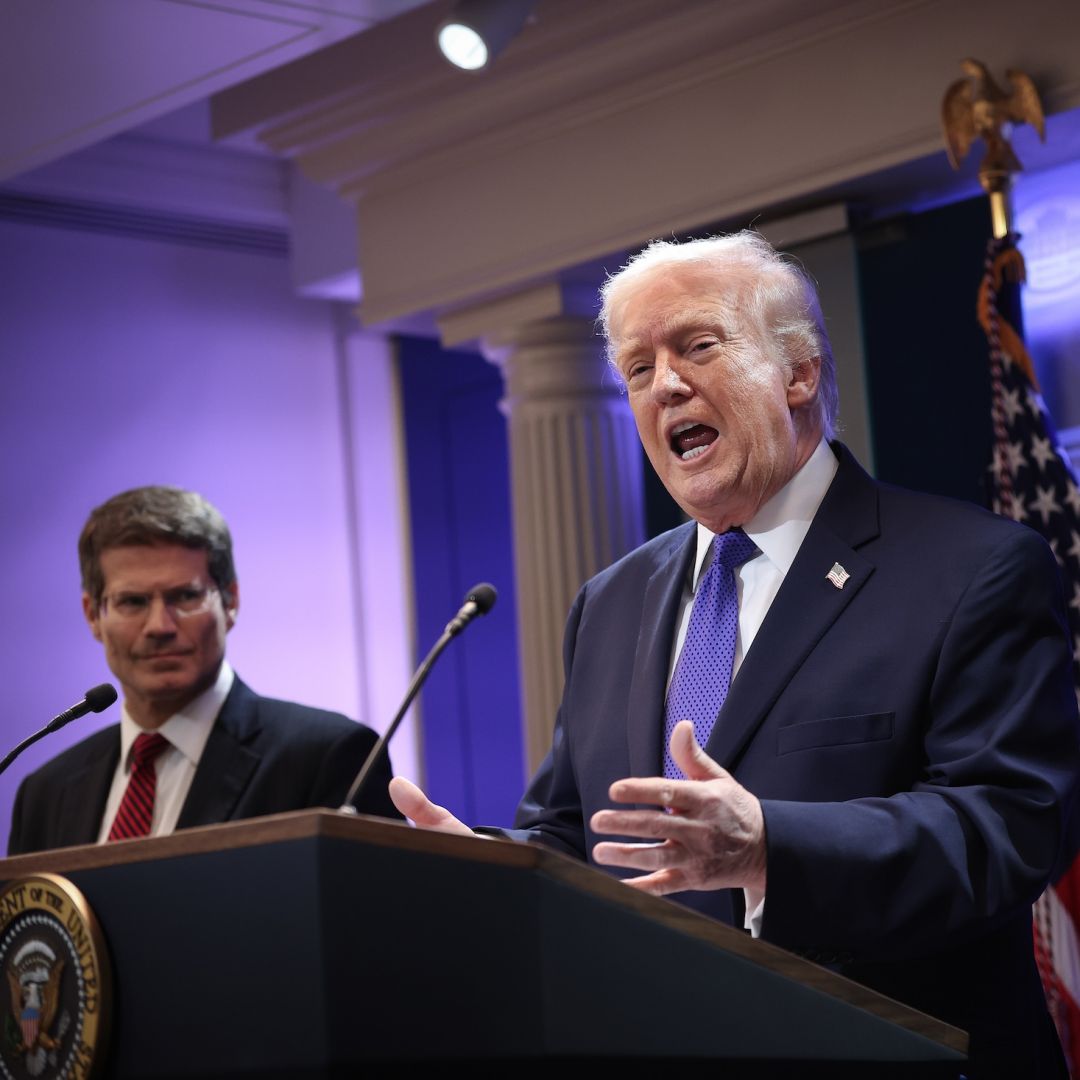
SnapshotsFeb 20, 2026
What the Supreme Court Tariff Ruling Means for Trump and U.S. Trading Partners

AssessmentsFeb 17, 2026
Previewing the Philippines 2026 ASEAN Chairmanship
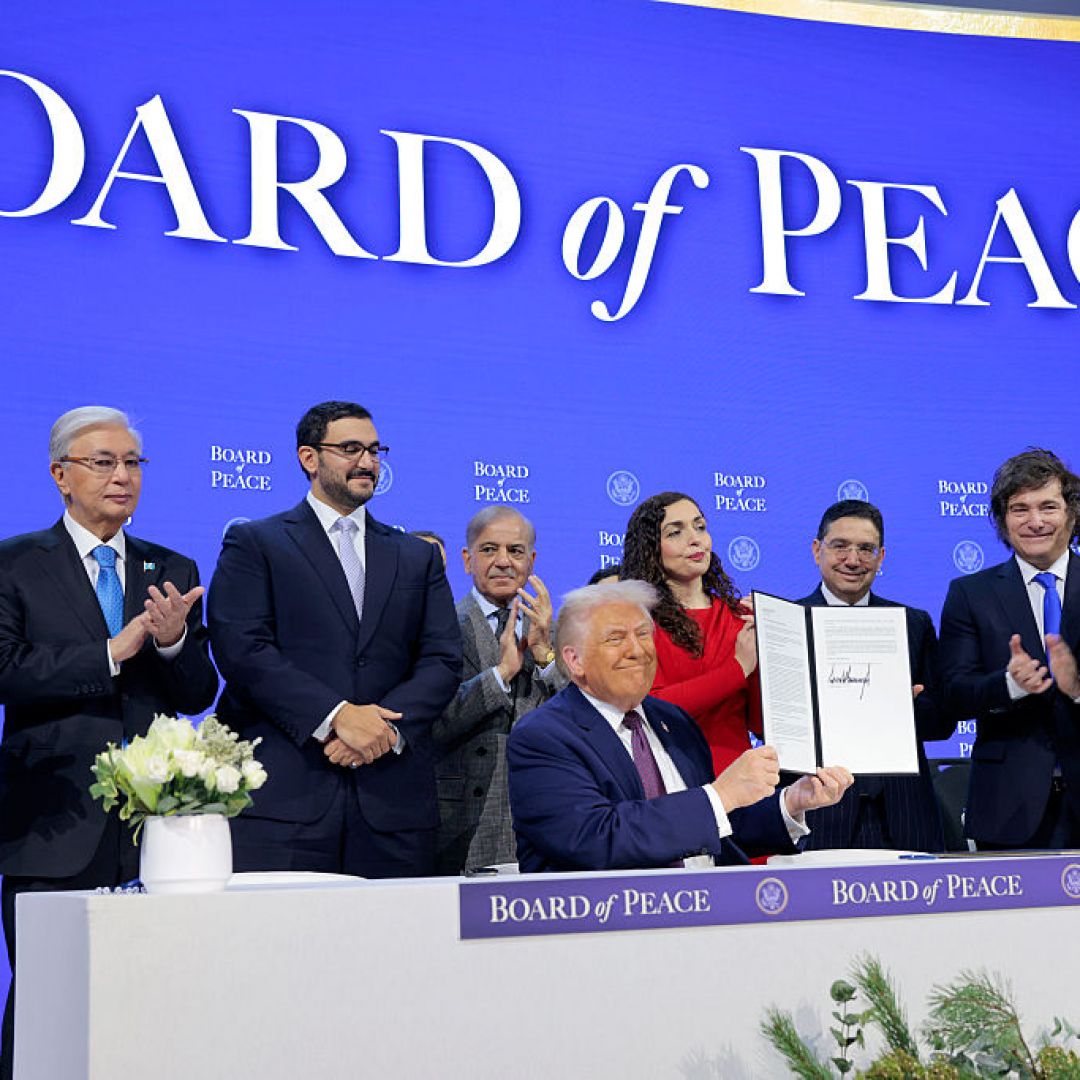
AssessmentsFeb 14, 2026
The Weekly Rundown: The Board of Peace Convenes, Russia-Ukraine-U.S. Talks in Geneva
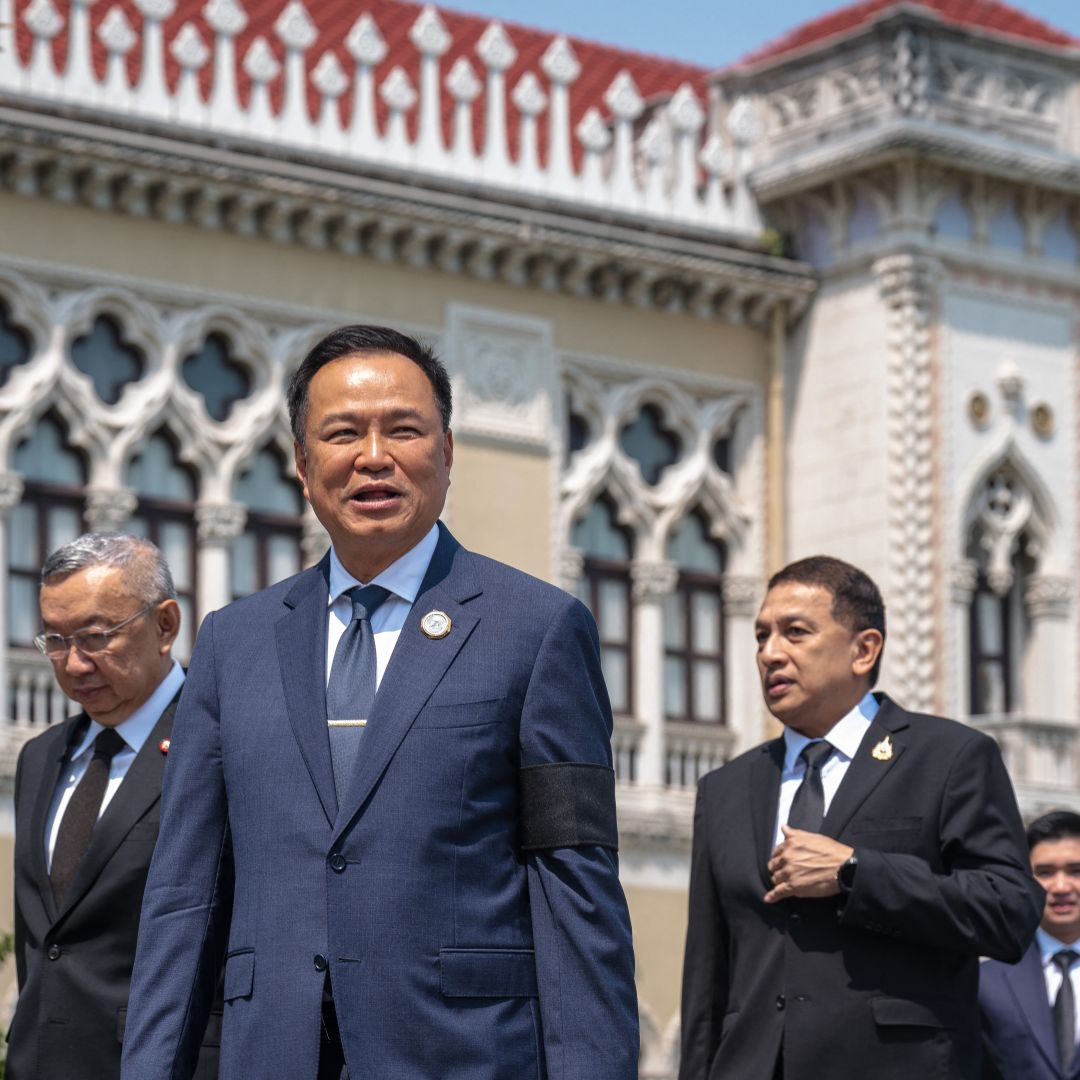
SnapshotsFeb 11, 2026
Thailand Approves Constitutional Reform, Re-Elects Conservative Party
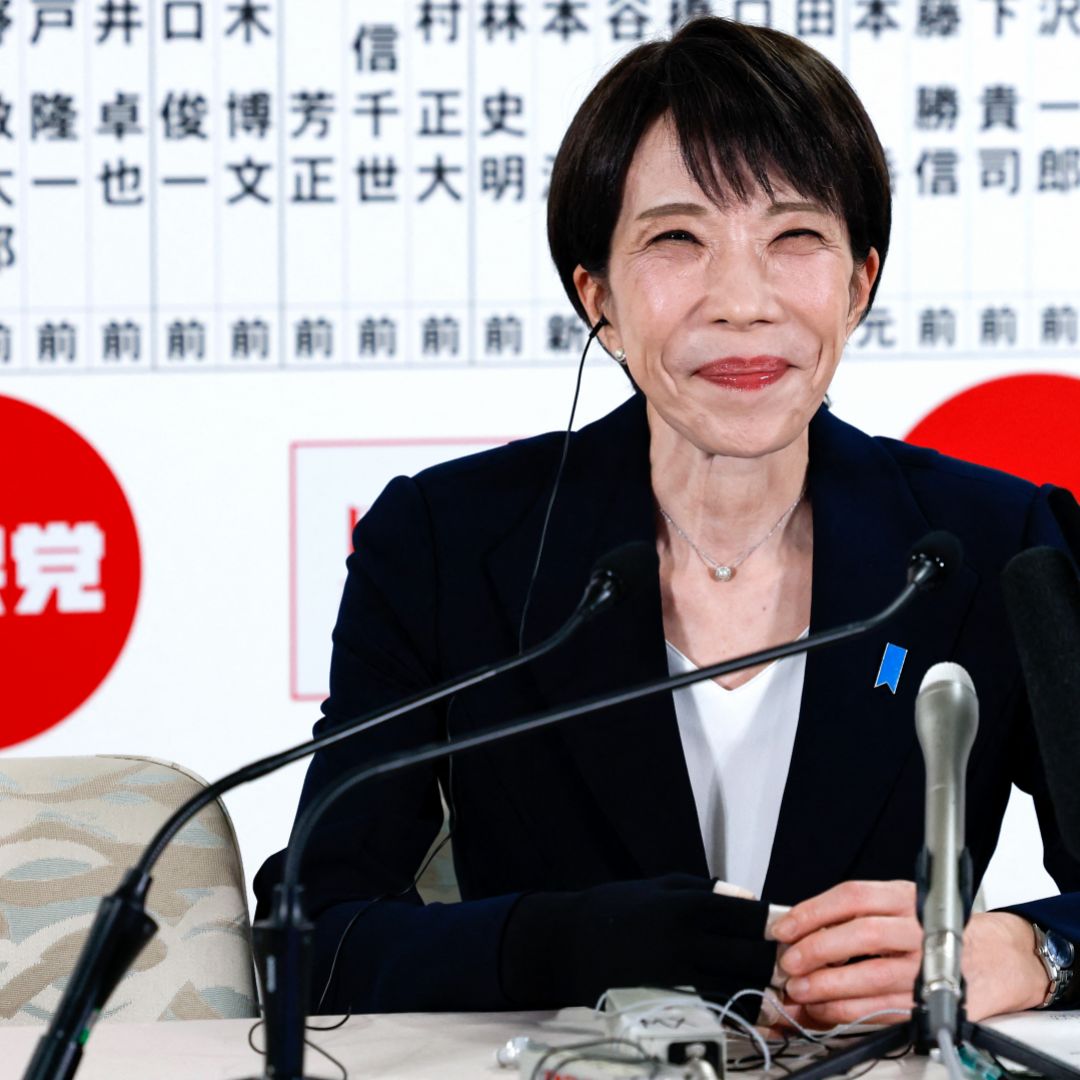
SnapshotsFeb 9, 2026
Election Landslide Stabilizes Japanese Politics, Cements Defense Modernization
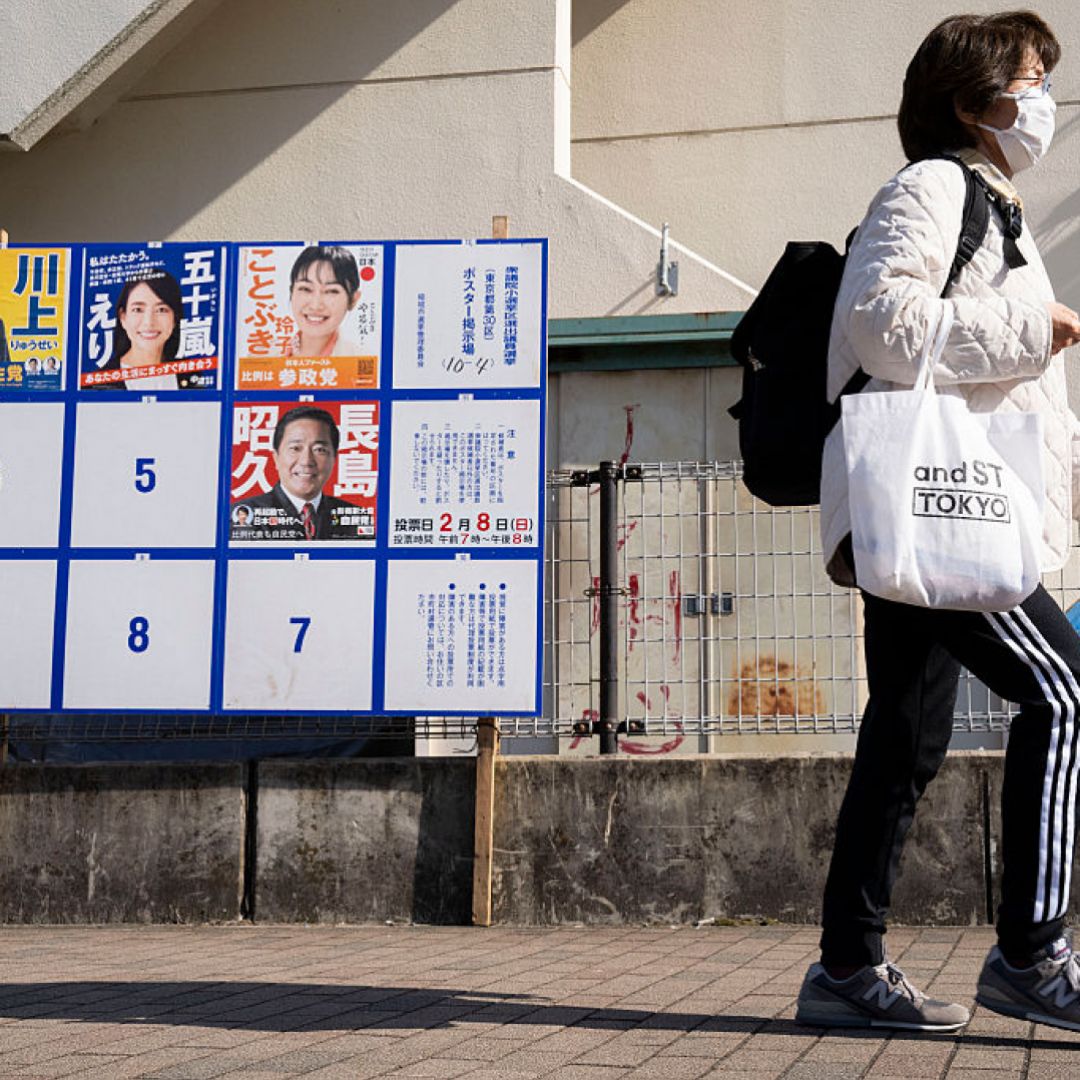
AssessmentsFeb 7, 2026
The Weekly Rundown: Japan Holds Snap Elections, U.S. Weighs Options After Iran Talks
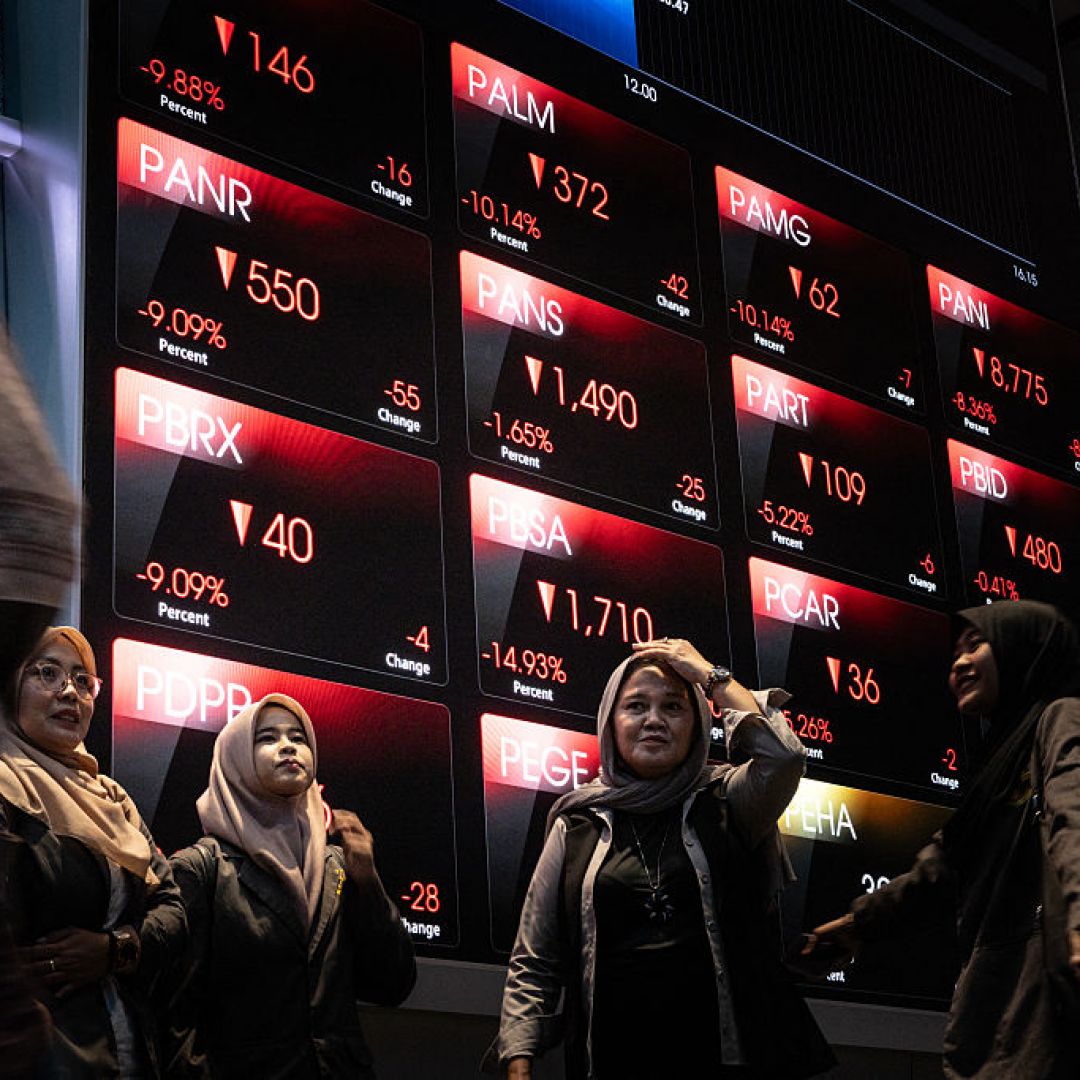
AssessmentsFeb 6, 2026
Lessons Learned From Indonesia's Market Rout
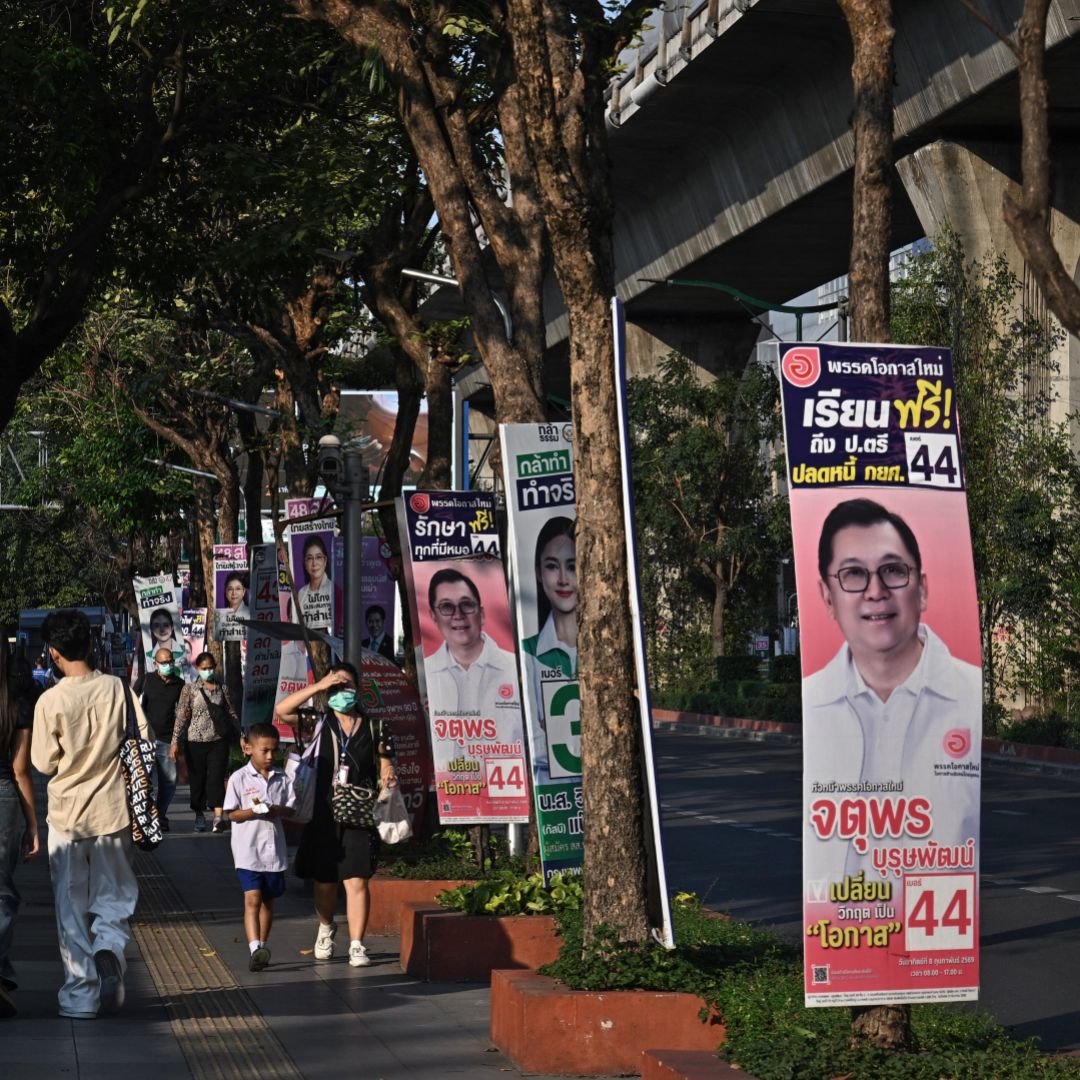
AssessmentsFeb 5, 2026
Elections and Referendum Unlikely to End Thailand's Cycle of Constrained Governance
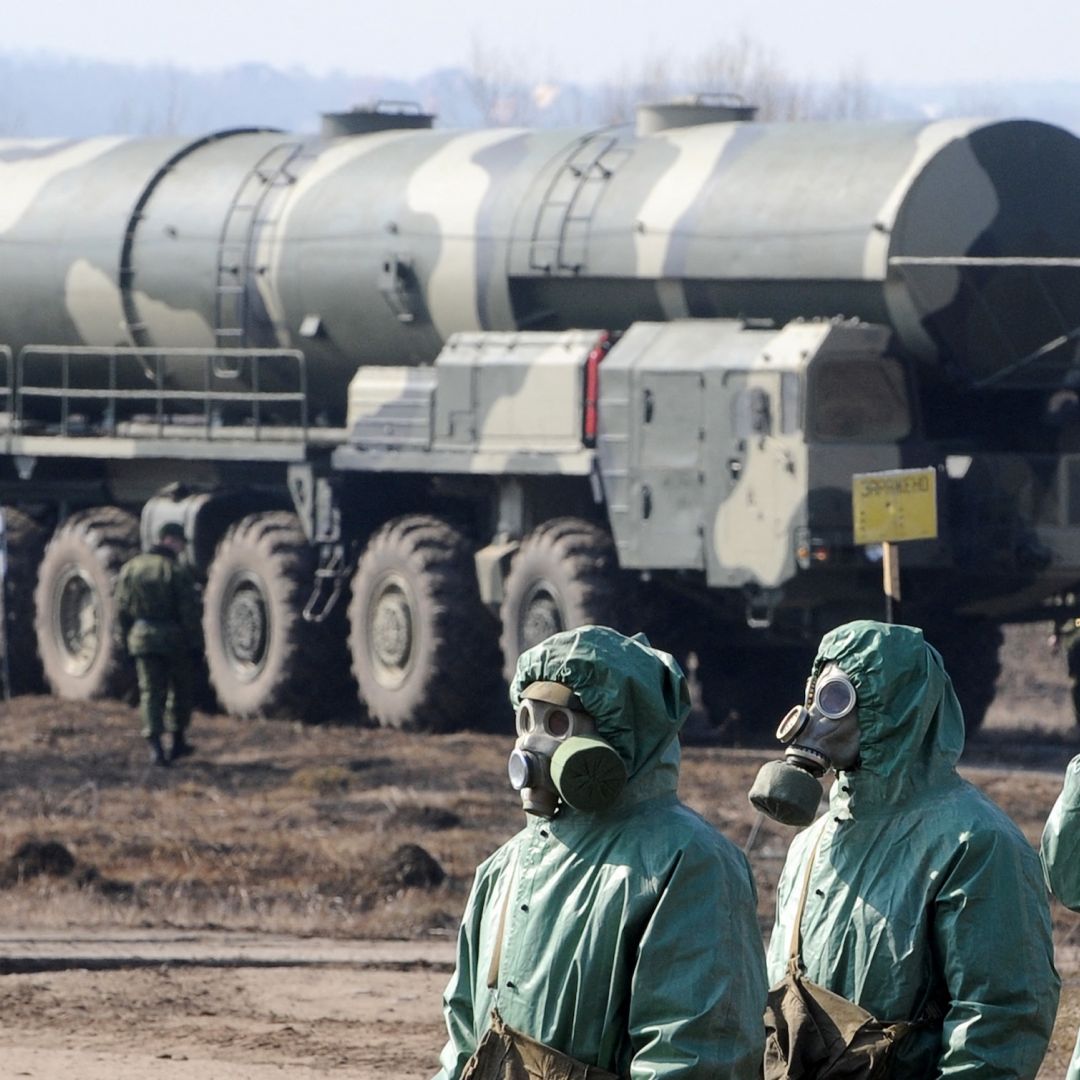
AssessmentsFeb 5, 2026
Implications of the Last Major U.S.-Russian Nuclear Arms Control Agreement's Expiration

